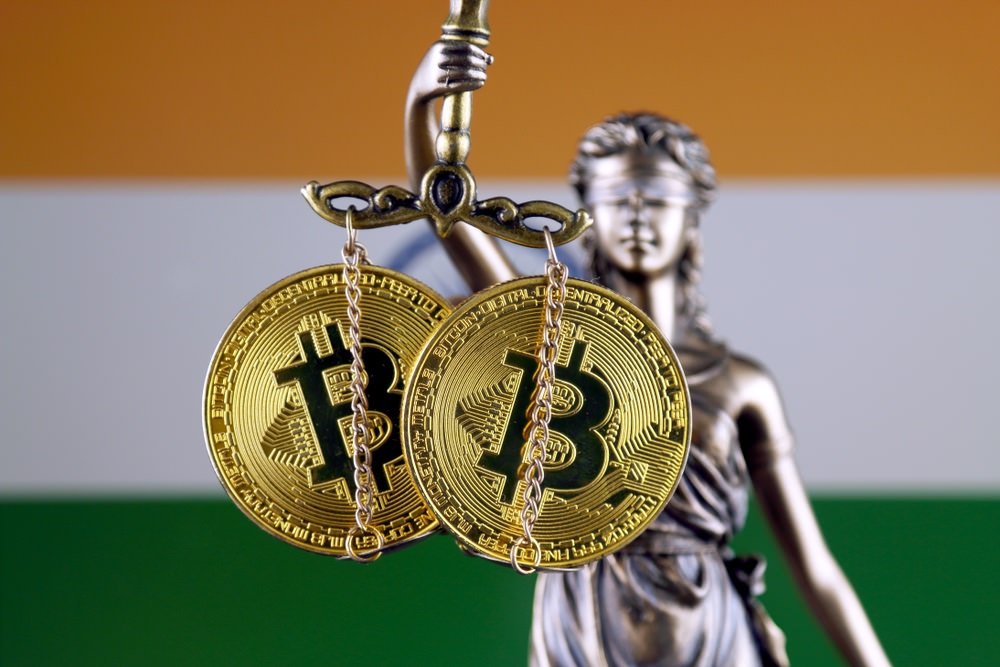
The Indian government is reportedly getting ready with draft regulations on cryptocurrencies next month.
The finance ministry set up a panel in November 2017 for the purpose of preparing a regulatory framework on the issue, but the central bank has created a hostile environment for digital currency trading platforms in 2018.
After a multitude of petitions filed by operators against the Reserve Bank of India’s (RBI’s) anti-crypto circular, the Supreme Court of India has ordered Narendra Modi’s government to clarify its policy in November.
India to Clarify Policy on Cryptocurrency Trading in December
A counter-affidavit produced by the Indian government and filed in the supreme court on November 19 says the finance ministry is about to draft cryptocurrency regulations next month, according to news website Quartz.
“…currently, serious efforts are going on for preparation of the draft report and the draft bill on virtual currencies, use of distributed ledger technology in (the) financial system and framework for digital currency in India. The draft report and bill will be circulated to members of IMC (inter-ministerial committee). Thereafter the next meeting of IMC will be held so that discussion can take place on the draft report and bill. It is expected that the draft report will be placed before the IMC by next month.”
The finance ministry panel is headed by Subhash Chandra Garg, a secretary in the department of economic affairs, and includes RBI deputy governor BP Kanungo and the chairman of India’s market regulator Ajay Tyagi.
The latter has said that virtual currency so far has not posed any systemic risk and is adept of distributed ledger technology. Kanungo, on the other hand, is a leading figure in the fight against cryptocurrency exchanges and is responsible for pushing many of them towards crypto-friendly countries such as Singapore.
“In view of the associated risks, it has been decided that, with immediate effect, entities regulated by RBI shall not deal with or provide services to any individual or business entities dealing with or settling VCs [virtual currencies.] Regulated entities which already provide such services shall exit the relationship within a specified time,” Kanungo said in July.
Subhash Chandra Garg, the head of the panel, took to Twitter in December 2017 to issue a statement with a somewhat unfriendly tone towards the cryptocurrency space as he likened trading in digital currencies to classical Ponzi schemes.
“Cryptocurrencies like Bitcoins are neither currency nor coin. Not legal tender in India at all. Trade in these currencies has assumed character of classical Ponzi schemes. Limited supply and uninformed demand makes every new investor assume higher risk. No underlying real value.”
A previous task force, which was set up in March 2017, recommended that consumers should stop trading cryptocurrencies and operators should be choked instead of banned. The document was attached to the government’s counter-affidavit submitted to court, but in a sealed envelope, according to Quartz, which indicates the intention of making its content unknown to the public.
Related Reading: Major Indian Crypto Exchange CEO Openly Asks Gov’t to Regulate Crypto
Featured image from Shutterstock.
